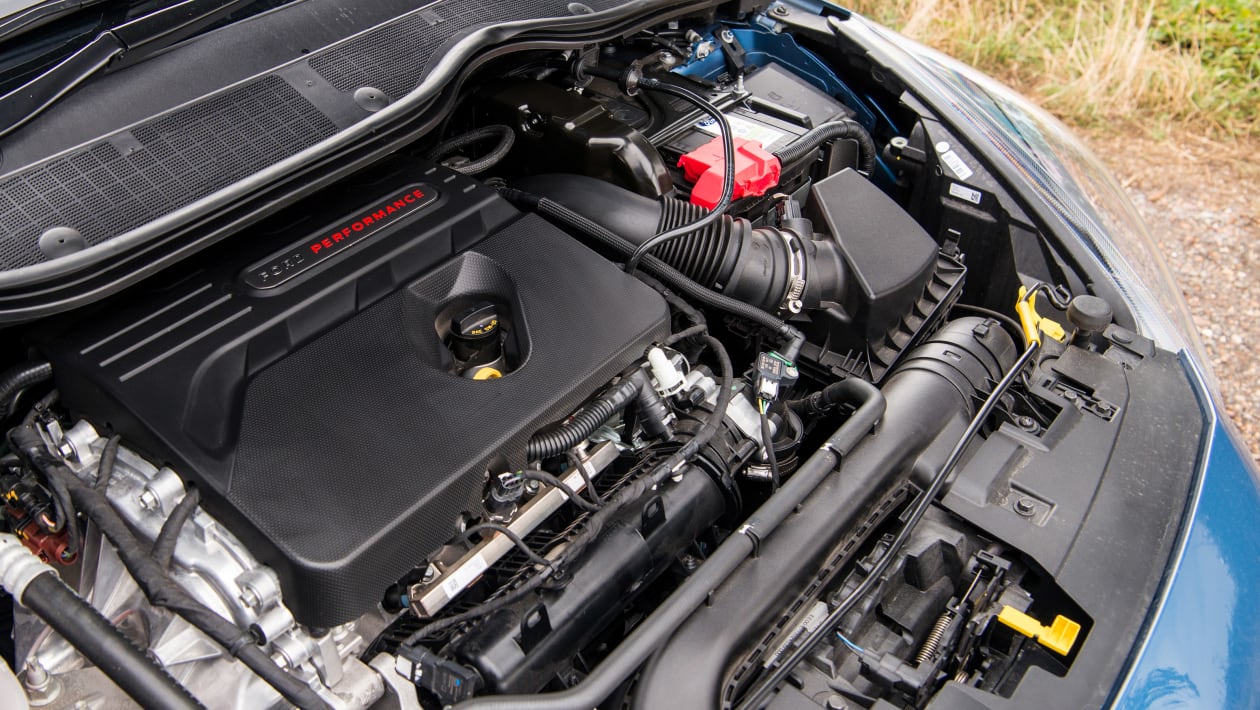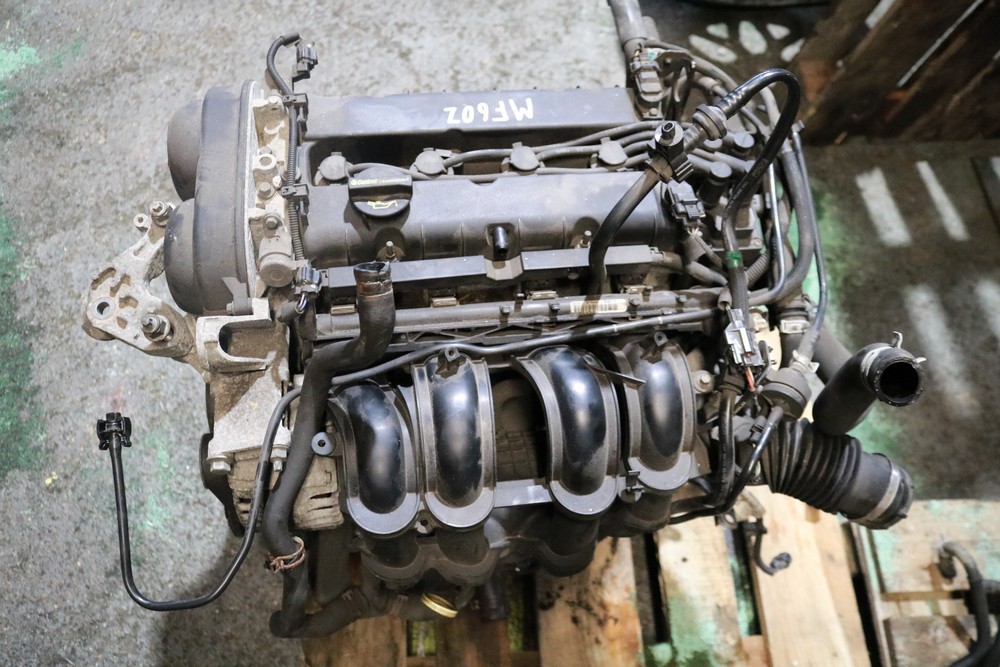Opening the Power of Engines: A Comprehensive Guide to Performance and Effectiveness
Comprehending the elaborate technicians of engines is vital for both efficiency fanatics and daily vehicle drivers. The answers may redefine our method to engine efficiency and performance in means that are both informing and necessary.
Recognizing Engine Essentials
What makes up the essential technicians of an engine? At its core, an engine is an equipment made to transform gas right into mechanical energy with a series of regulated surges or combustion procedures.
The crankshaft after that transforms this straight activity into rotational energy, which eventually powers the automobile. The camshaft regulates the opening and closing of the valves, managing the intake of air and gas and the expulsion of exhaust gases. Furthermore, the engine relies on a meticulously calibrated fuel-air combination, ignition system, and cooling system to guarantee ideal performance and effectiveness.
Comprehending engine fundamentals also includes acknowledging the relevance of engine cycles, such as the four-stroke cycle, which consists of intake, compression, power, and exhaust strokes. Each stage is essential in guaranteeing the engine functions efficiently and properly. Mastery of these basic technicians prepares for discovering a lot more complicated engine characteristics and performance metrics, necessary for maximizing both power output and performance.
Trick Efficiency Metrics
Key efficiency metrics are necessary for examining an engine's performance and power result, supplying beneficial insights for both producers and customers. These metrics work as criteria for engine efficiency, permitting educated choices in design, manufacturing, and acquiring.
Among the primary metrics is horsepower, which quantifies the engine's capability to execute job over time. Torque, measured in pound-feet, is another critical statistics that shows the engine's rotational force, directly affecting acceleration and hauling capacity. Fuel performance, typically measured in miles per gallon (MPG) or liters per 100 kilometers (L/100km), assesses exactly how properly the engine transforms fuel into motion, influencing ecological considerations and operational costs.
In addition, thermal efficiency steps just how well an engine converts gas energy right into beneficial work, disclosing insights right into energy losses primarily via warm. Exhaust degrees, including carbon dioxide and NOx, are also crucial, reflecting the engine's ecological impact and compliance with regulatory standards.

Tuning Strategies for Effectiveness
Tuning methods play a significant role in improving engine performance by enhancing performance metrics identified in earlier discussions (ford fiesta engine). Numerous approaches exist to make improvements an engine, each contributing to enhanced gas economic situation and minimized discharges
One reliable method is adjusting the air-fuel proportion, guaranteeing the engine runs within the optimum burning regimen. A leaner combination can boost gas efficiency, however it should be stabilized to avoid misfires or engine knock. Furthermore, reprogramming the engine management system can alter specifications such as ignition timing, which even more boosts performance while keeping power outcome.
One more vital approach includes customizing the intake and exhaust systems. Upgrading to high-performance air filters and exhaust headers can lower back pressure, helping with far better air flow. This enables the engine to take a breath even more easily, causing improved burning effectiveness.
Additionally, the application of sophisticated tuning devices, like dyno screening, offers precise information that allows targeted changes. Frequently checking these performance metrics makes certain that adjusting efforts generate the preferred efficiency results. Jointly, these techniques not just reinforce engine performance however also add to long-lasting sustainability in engine operations.
Upkeep for Optimal Efficiency
Normal engine maintenance is vital for attaining optimum performance and longevity. A properly maintained engine not only runs successfully but additionally lessens the risk of expensive repairs and break downs. Key parts needing normal focus consist of oil, filters, belts, and ignition system.
Changing the engine oil at suggested periods is critical, as oil lubricates relocating components and avoids getting too hot. Changing oil and air filters ensures that impurities do not impair engine function. Disregarding these components can result in minimized performance and possible engine damage.
Additionally, examining and replacing used belts and pipes is essential to stop sudden failures. Timing belts, specifically, ought to be replaced according to the maker's routine to prevent disastrous engine damages.
Ignition system must likewise be inspected and replaced as needed, considering Recommended Site that they play a critical duty in ignition and gas efficiency.
Future Trends in Engine Technology
Embracing advancements in technology, the future of engine layout is positioned to reinvent efficiency and effectiveness across various applications. Among one of the most considerable patterns is the shift towards electrification. Crossbreed and completely electric powertrains are becoming significantly conventional, using decreased emissions and boosted gas effectiveness. This transition is not just a necessity yet a pattern driven by regulatory stress and customer demand for sustainable remedies.
In addition, advancements in materials scientific research are resulting in lighter, more powerful elements that boost engine performance while lowering energy intake. Advanced manufacturing methods, such as 3D printing, enable the development of intricate geometries that improve air flow and thermal monitoring, therefore maximizing burning procedures.
In addition, the integration of man-made intelligence and read what he said maker learning is readied to change engine diagnostics and efficiency tuning. These innovations can assess large amounts of information in actual time, enabling predictive upkeep and tailored performance enhancements.
Verdict
Finally, unlocking the power of engines needs an extensive understanding of their technicians and efficiency metrics. Implementing efficient tuning methods and sticking to normal upkeep practices considerably improve engine abilities. As the vehicle landscape advances, welcoming future trends in technology, including electrification and advanced manufacturing, will be essential for enhancing performance and effectiveness. This detailed technique not just advantages lovers however likewise adds to sustainable services in the realm go to my blog of automotive engineering.
In addition, the engine depends on a thoroughly calibrated fuel-air combination, ignition system, and cooling system to ensure optimum performance and efficiency.
Recognizing engine fundamentals additionally includes recognizing the value of engine cycles, such as the four-stroke cycle, which includes consumption, exhaust, compression, and power strokes. Mastery of these basic auto mechanics lays the foundation for checking out extra complicated engine characteristics and performance metrics, crucial for optimizing both power result and efficiency.

Welcoming advancements in technology, the future of engine design is poised to change efficiency and performance throughout different applications.